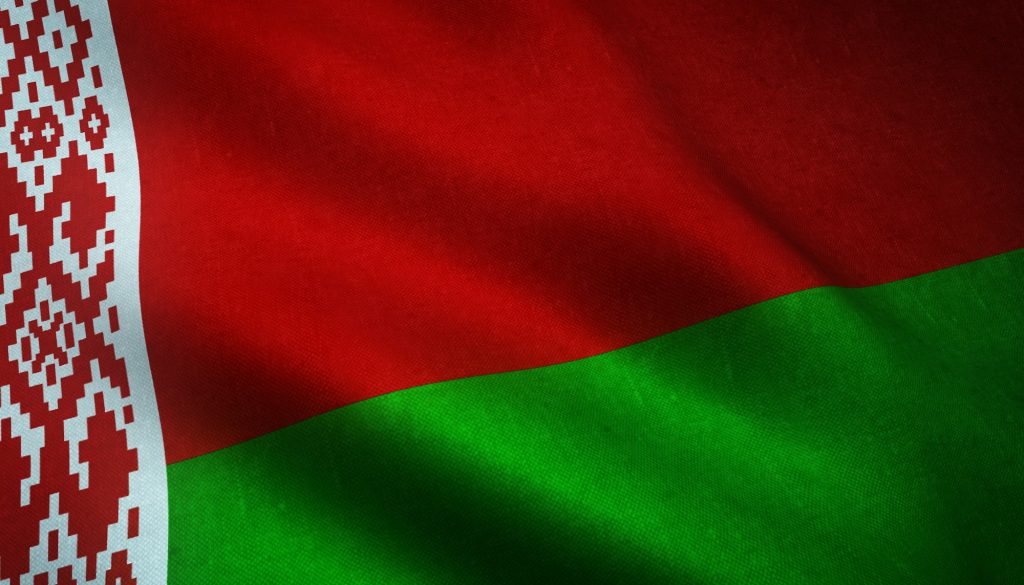Article 19 report finds Belarus’s ‘anti-extremism’ laws threaten digital rights
The report finds Belarus’s ‘anti-extremist’ and ‘anti-terrorist’ laws repress digital rights by prosecuting individuals for online criticism. it additionally finds that these vague laws violate international human rights standards and create a chilling effect on free expression.

Digital rights activist group Article 19 has found in its recent report that Belarus’s ‘anti-extremist’ and ‘anti-terrorist’ laws are repressing digital rights.
The report reveals that authorities have misused these laws to prosecute individuals for leaving online comments, making donations, or sharing songs or memes that appear to carry critical messages towards the government.
Since the 2020–2021 protests, Belarusian de facto authorities have reportedly initiated at least 22,500 criminal cases related to ‘anti-extremism’. In collaboration with our partner Human Constanta, we present a joint analysis highlighting this alarming trend, which further intensifies the widespread repression of civil society, they said.
Article 19 states in its report that such actions restrict digital rights and violate international human rights law, including the right to freedom of expression and the right to seek, receive, and impart information.
Additionally, Article 19 notes that Belarus’s ‘anti-extremism’ laws lack the clarity required under international human rights standards, employing vague terms broadly interpreted to suppress digital expression and create a chilling effect.
However, this means people are discouraged or prevented from legitimate expression or behaviour due to fear of legal punishment or other negative consequences.
Would you like to learn more about AI, tech and digital diplomacy? If so, ask our Diplo chatbot!
